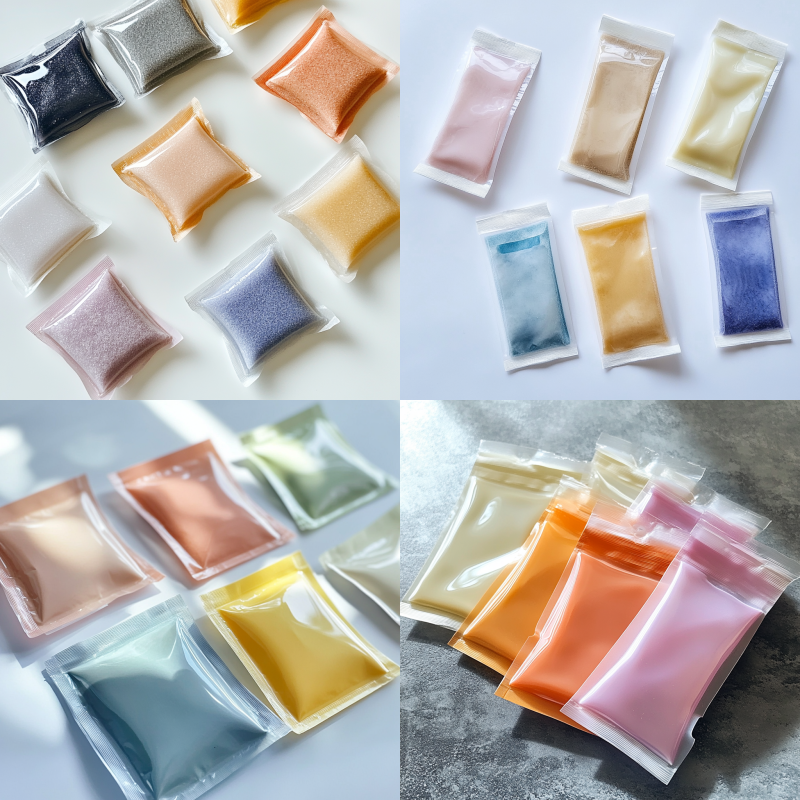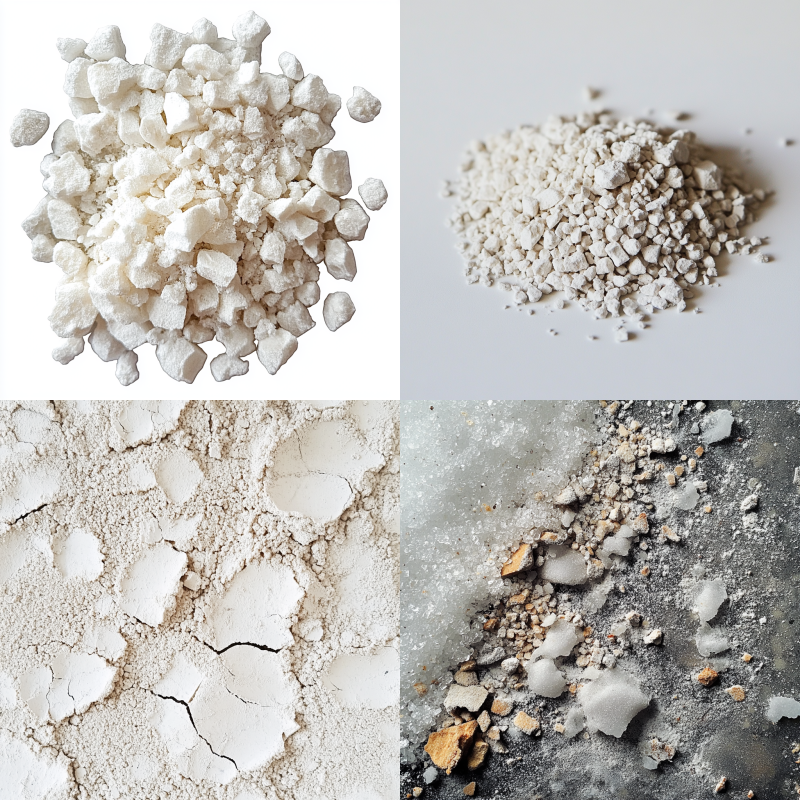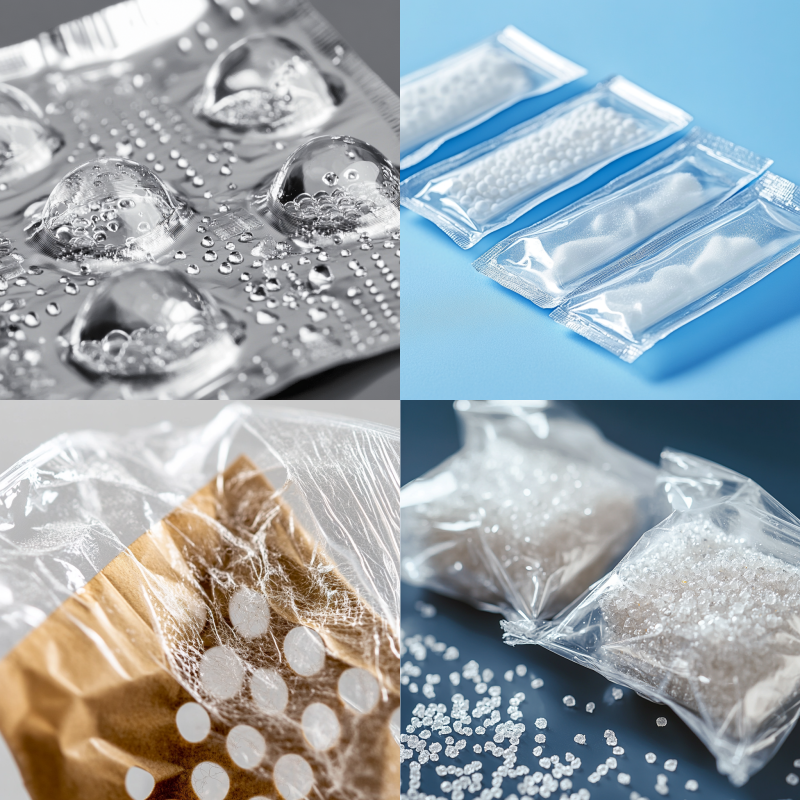
Desiccants are crucial materials used to control moisture and humidity, preventing degradation of products, especially in storage or packaging. You may have seen small packets of silica gel labeled “Do not eat,” but did you know these are desiccants? They absorb moisture and maintain the integrity of the products they’re designed to protect. But how do you know when your desiccant has gone bad? In this article, we’ll explore what desiccants are, why they matter, how to identify bad desiccants, and what you should do to ensure their effectiveness.
To get a deeper understanding of the science behind desiccants, check out this detailed Wikipedia article on desiccants.
For more insights into the use and types of desiccants, visit the ScienceDirect page on desiccants.
Desiccants are substances that absorb moisture from the environment, thus preventing damage to sensitive products like electronics, food, and leather goods. They are commonly used in packaging and storage to maintain dryness and protect items from moisture-related issues such as mold, rust, and corrosion.
The process of desiccation works through hygroscopic materials, which attract and hold moisture from the air. For instance, silica gel, one of the most common desiccants, turns from a transparent or white color to a blue or pink when it absorbs moisture. Desiccants are essential in various industries to protect items that are vulnerable to damage from excessive moisture, making them indispensable for maintaining product quality.
For a more detailed explanation of how desiccants function, check out this article on desiccant effectiveness
Desiccants are not meant to last forever. Over time, they lose their ability to absorb moisture, making them ineffective. Understanding the key indicators of bad desiccant is essential to prevent damage to your stored items.

One of the first signs that desiccant is no longer effective is a noticeable change in color. Fresh desiccants are typically white or clear, but as they absorb moisture, they can change color—sometimes from white to blue or pink, depending on the type of desiccant used. When the desiccant becomes oversaturated, it often turns a dark color, signaling that it has absorbed as much moisture as it can handle. If you notice this change, it’s time to replace the desiccant to ensure the continued protection of your items.

Desiccants are typically granular and free-flowing. However, as moisture accumulates, they can clump together or harden. If you notice that the desiccant doesn’t flow freely or has become compacted, it’s a clear sign that it is no longer doing its job. At this point, replacing the desiccant is crucial to prevent moisture from affecting your stored goods.

Another common cause of bad desiccant is compromised packaging. Desiccants are typically packaged in airtight seals to preserve their moisture-absorbing capabilities. If the packaging is damaged—whether by punctures, tears, or age—the desiccant inside is likely to lose its effectiveness. Always inspect the packaging before use to ensure that it’s intact. Damaged packaging could lead to reduced performance of the desiccant, even if it appears functional at first glance.
If you want to understand how desiccant packages can get damaged, read more about it in our article on desiccant packaging and moisture control.
Using ineffective desiccant can lead to significant problems. Moisture buildup in your storage can cause irreversible damage to products, leading to costly repairs and replacements. The consequences of bad desiccant are especially concerning for items sensitive to moisture, including:
Electronics: Excess moisture can cause internal corrosion or short-circuiting of circuits.
Leather Goods: Humidity can lead to mold growth, weakening and deteriorating the material.
Food Products: Moisture exposure can cause spoilage in dried foods, grains, and other packaged products.
For more on preventing moisture damage, you can check out this helpful guide on desiccant replacement.
Preventing desiccant from going bad involves proper storage, regular inspection, and timely replacement.
To extend the life of desiccants, always store them in a cool, dry place. Make sure the packaging remains sealed until use, and avoid exposing desiccants to moisture before placing them in storage. Additionally, ensure that stored items are in well-ventilated areas to maintain the desiccant’s effectiveness. Proper storage helps preserve the moisture-absorbing capabilities of desiccants for longer periods.
Even with proper storage, desiccants lose their moisture-absorbing properties over time. It’s important to replace desiccants regularly to avoid compromising the quality of your stored items. Depending on your environment, desiccants may need to be replaced every 6 to 12 months. If you notice signs of discoloration, clumping, or damage to the packaging, replace them immediately.
Desiccants play a vital role in protecting products from moisture-related damage. However, just like any other material, they have a limited lifespan and will eventually become ineffective. Recognizing the signs of bad desiccant and replacing it on time will help ensure the continued protection of your valuable items.
For more information on how to maintain and rejuvenate your desiccant, check out our article on rejuvenating desiccant.
Don’t wait until it’s too late—ensure your products are protected from moisture by regularly checking and replacing your desiccants. For high-quality desiccants and moisture control solutions, contact Red River today!
Desiccants typically last from 6 months to 2 years, depending on storage conditions and usage. Regular inspection is important to ensure their continued effectiveness.
Yes, many desiccants can be reused if they are properly dried out. However, always inspect them for visible damage before reusing them.
Using bad desiccant can lead to moisture damage, which may result in mold, rust, or corrosion of your products.
Store desiccants in an airtight container, away from direct sunlight and humidity, to prolong their life and effectiveness.
Desiccants like silica gel are generally non-toxic, but they should not be ingested. Always keep desiccants out of reach of children and pets.
Desiccants protect items from moisture damage by absorbing humidity.
Signs of bad desiccant include discoloration, clumping, and damaged packaging.
Desiccants should be replaced regularly, every 6-12 months, depending on usage and environment.
Proper storage and usage of desiccants can prolong their effectiveness.
Regular inspection ensures that desiccants continue to perform their moisture-absorbing role.
In the realm of industrial solutions, Red River emerges as a pioneer, offering a diverse range of custom-engineered products and facilities. Among our specialties is the design and production of Custom/OEM Pressure Vessels, meticulously crafted to meet individual client requirements, ensuring performance under various pressure conditions. Our expertise extends to the domain of prefabrication, where Red River leads with distinction.
The company excels in creating prefabricated facilities, modules, and packages, reinforcing its stance as a forerunner in innovation and quality. This proficiency is further mirrored in their Modular Skids offering, where they provide an array of Modular Fabricated Skid Packages and Packaged equipment. Each piece is tailored to client specifications, underlining their commitment to delivering precision and excellence in every project they undertake.